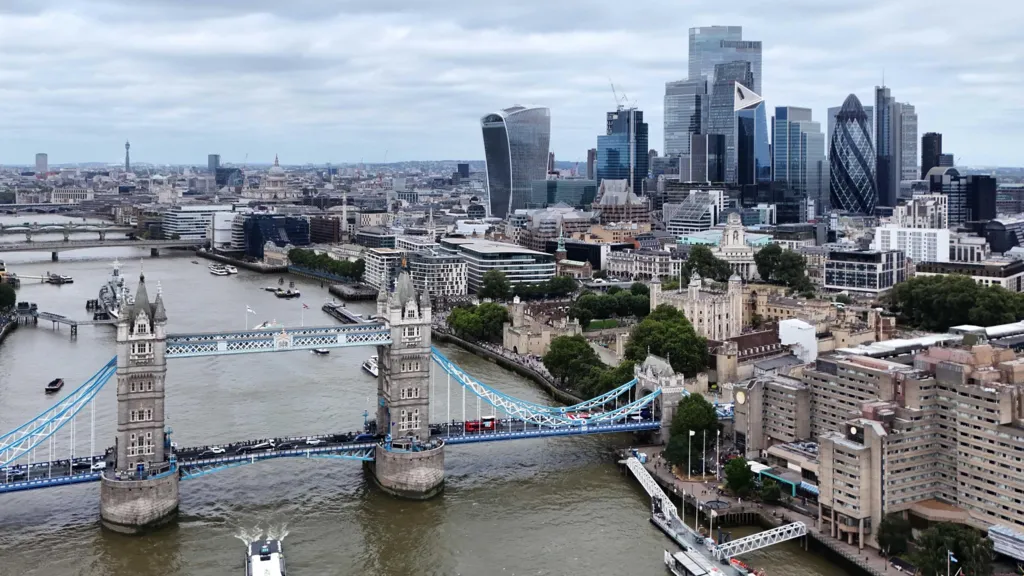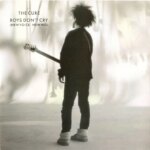The City of London stands out as a unique entity within the framework of local government in England, having notably avoided the extensive reforms that have impacted every other city and borough throughout the centuries.
This peculiar status can be attributed to the Liberties and Customs of the City, which were affirmed by the Magna Carta—an agreement on rights established with King John at Runnymede in 1215—and have since been diligently preserved.
Consequently, the City of London functions in a distinctive manner, prompting us to present a guide on the roles of livery companies, aldermen, and common councillors, as well as the additional privileges available to the workforce in the so-called Square Mile.
While the right for non-residents to vote in local councils was revoked in 1969, it persists within the City of London.
The local authority—officially known as the Court of Common Council—comprises 100 common councillors and 25 aldermen.
These 25 wards boast distinctive names, including Cripplegate Without, Cripplegate Within, Vintry, Queenhithe, and Bread Street.
Depending on voter turnout, between two to ten councillors are elected to represent each ward for four-year terms.
Each ward also elects an alderman for a six-year term, with the Lord Mayor selected from the aldermen for a one-year tenure.
Additionally, there are beadles—elected representatives in each ward responsible for maintaining order during the wardmote, an assembly held within the ward.
This plethora of representatives might seem excessive for the smallest local government district in the country, with an estimated resident population of only 6,800.
However, the City of London is home to over 650,000 workers who commute but don’t reside there, and some of these individuals also hold voting rights.
Every company operating within the City has the authority to appoint voters based on their employee count.
Entities with nine or fewer employees can designate one voter, those with up to 50 can appoint one voter for every five staff members, and organizations with more than 50 can select ten voters plus one additional voter for each subsequent 50 staff.
If a business occupies multiple locales within the City, each location is permitted to appoint its own voters, provided the offices are not “physically linked” as per City guidelines, regardless of whether they are located in the same ward.
The designated voters must be employed at these offices.
While companies manage the appointment of their voters, the process includes a secret ballot.
Voters can cast their ballots in-person at their ward’s polling station or via postal voting.
Voters are allowed to participate in City elections in addition to those at their home address, as long as they do not also reside within the City.
Data from 2024 indicates that there are over 13,700 corporate voters alongside approximately 6,500 resident voters.
To be eligible for election to the Court of Common Council, one must possess the Freedom of the City of London—a unique requirement not found in other councils across the UK.
Language surrounding this Freedom reflects its historical roots: according to the City of London’s website, there are “various paths to apply for Freedom: through servitude, patrimony, nomination, or presentation via a livery company.”
Currently, there are 113 livery companies, which function as guilds or professional organizations representing both ancient and modern trades in London.
Many of these companies bear the names of professions that have faded from contemporary practice, such as horners (those who work with animal horns), tallow chandlers (candle makers who use animal fat), and paviors (those who lay pavement).
The oldest livery company is the Worshipful Company of Mercers, focused on general trade, which was granted its livery status in 1394.
The most recent is the Worshipful Company of Communicators, which achieved recognition earlier this year.
Long-standing traditions of the livery companies include the privilege for liverymen and women to elect both the City Sheriffs and the Lord Mayor.
There are alternatives to acquiring the Freedom of the City beyond livery company membership.
Individuals who have been on the City of London electoral list for at least one year may receive the Freedom without needing to submit an application or seek approval from the Common Council.
Alternatively, one can apply for Freedom through nomination by paying a fee of £180, provided they are supported by two sponsors who are common councillors, aldermen, or liverymen.
These nominations require validation by the Court of Common Council.
Lastly, there exists a unique provision for individuals seeking election to the Court of Common Council who may not have direct access to the Lord Mayor, sheriffs, aldermen, common councillors, or liverymen.
“In such cases, an applicant can be endorsed by any two registered electors in the City or by two individuals eligible to endorse a passport application,” states the City of London Corporation.

